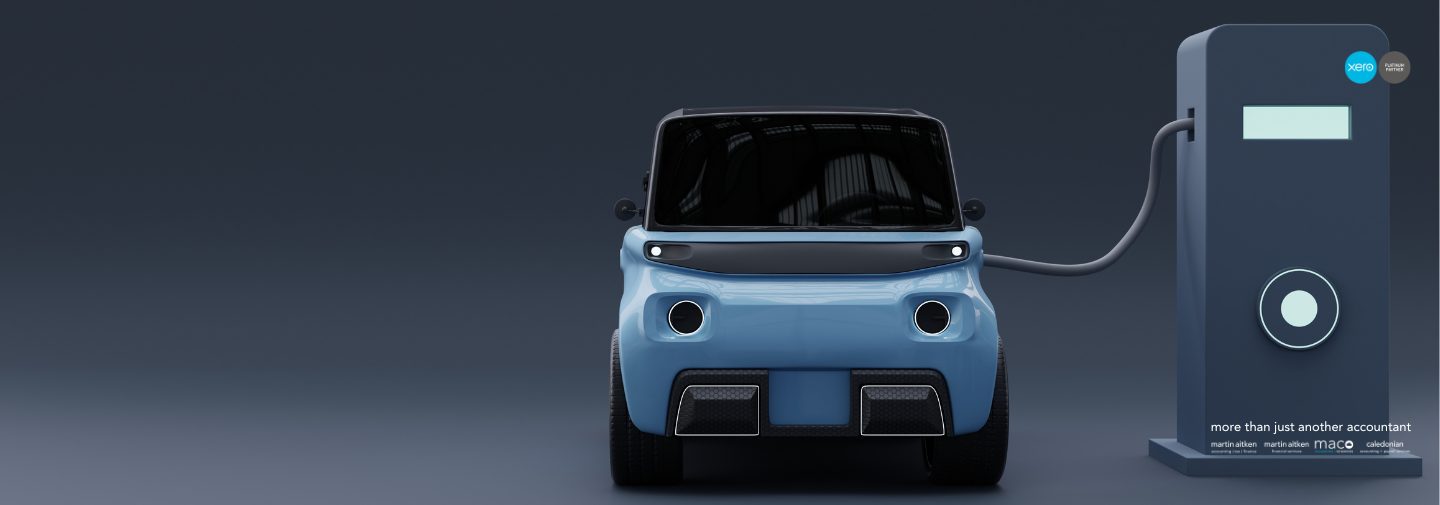HMRC has updated its guidance to clarify that there is no taxable benefit when an employer reimburses employees who charge their electric company cars at home. Previously, HMRC maintained that the relevant exemption did not apply.
There is a general rule that no income tax liability arises where an employee is reimbursed for expenses incurred in connection with a company car – such as repairs, insurance and car tax. Although this exemption does not apply to car fuel, electricity is not treated as fuel for tax purposes.
Exemption
The exemption applies whether a company car is used solely for business mileage, solely for private mileage or where there is mixed-use.
- Although HMRC’s guidance has been updated, at the time of writing their tool to check if you need to pay tax for charging an employee’s electric car is still giving incorrect answers, unless a company car is used solely for business mileage.
- National insurance contribution (NIC) guidance is in line with the income tax guidance, so there are no class 1 or class 1A NICs on reimbursements for charging an electric company car at home.
Employers do, however, need to ensure that the cost of electricity reimbursed is solely for the company car.
Employers, directors and employees who have previously followed HMRC’s incorrect guidance should be entitled to a refund of the tax and NICs that have been overpaid.
Other charging situations
There is no taxable benefit if an electric company car is charged at work, if a charge card is provided so that public charging points can be used, or if the employer pays for a charging point to be installed at an employee’s home.
If the employer does not reimburse for charging an electric company car at home, the employee can claim a deduction from earnings for the electricity cost of business mileage.
The relevant section of HMRC’s employment income manual can be found here. If you require any further advice, contact a member of our tax team.

